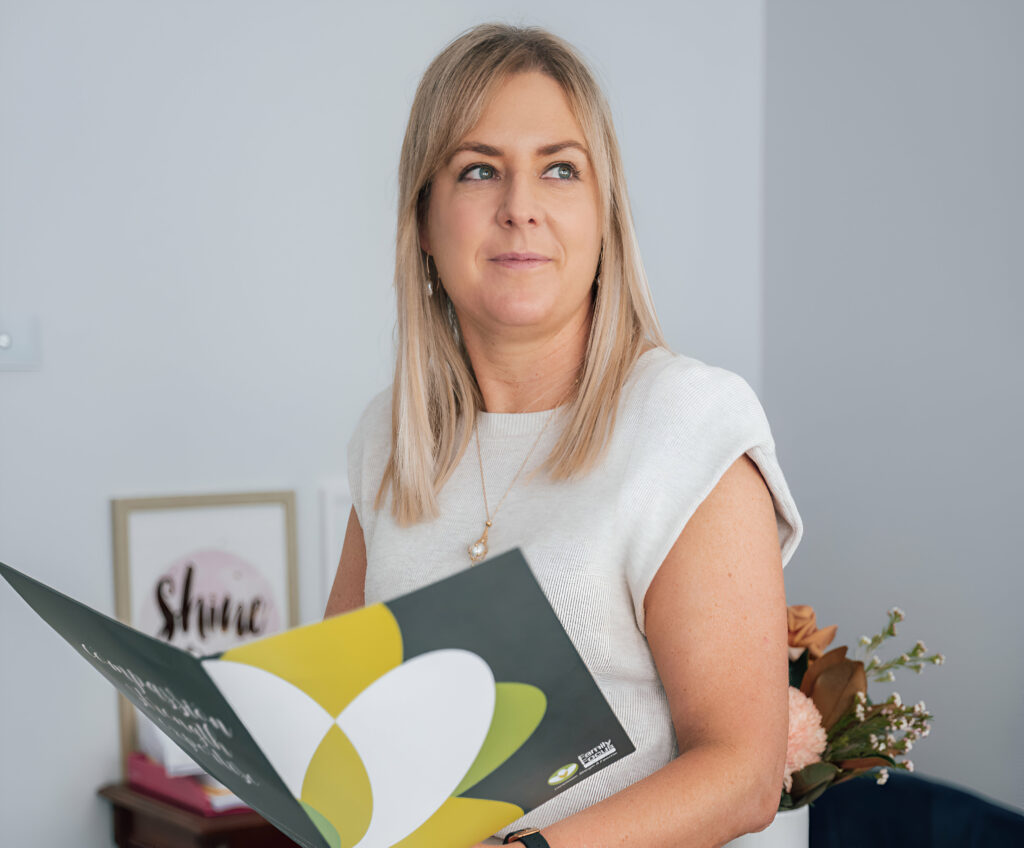
Family Law
Navigate the complexities of family matters with our empathetic and experienced lawyers by your side.
Family focus legal
Community Focused
-
Adoption
Learn more: AdoptionAdoption in Australia deals with the adoption process in the various parts of Australia, whereby a person assumes or acquires the permanent, legal status of parenthood in relation to a child under the age of 18 in place of the child’s…
-
Child Support
Learn more: Child SupportBy law both parents are required to support their child financially. In some cases this may involve one parent paying a child support payment to the other, to help with the costs of raising a child.
-
Defacto Relationships
Learn more: Defacto RelationshipsWhether you are in a de facto relationship is not always obvious, but it can be an important matter to determine when considering whether you have any property settlement entitlements if your relationship breaks down.
-
Divorce
Learn more: DivorceDivorce proceedings refer to the legal ending of a marriage. Our dedicated team of divorce attorneys provides personalised guidance and representation to navigate the complexities of divorce proceedings, ensuring fair resolutions and a fresh start for our clients.
-
Family Violence
Learn more: Family ViolenceOffering compassionate legal support and advocacy, Family Focus Legal provides comprehensive family violence services to protect and empower individuals and families affected by domestic abuse.
-
Legal Aid
Learn more: Legal AidWe have several Solicitors at Family Focus Legal approved to sit on the NSW Legal Aid Panel for Family Law and Criminal Law matters. We can assist clients in obtaining a Grant of Aid to participate in a Family Dispute Resolution…
-
Mediation
Learn more: MediationAt Family Focus Legal we believe strongly in the success of mediation and in working together collaboratively when possible.
-
Parenting
Learn more: ParentingAt the time of Divorce or separation children need support, love and contact with both parents. Some certainty about the future is also very important for everyone. Any agreement about arrangements for the time that a child or children spend with…
-
Paternity
Learn more: PaternityReliable proof of parentage can be especially important for legal reasons. The results of a paternity can be used in a court case to support any claims to the paternity of a child or perhaps to invalidate any previous paternity claims.…
-
Property
Learn more: PropertyDuring a relationship, most couples acquire assets and build a financial base. After you separate, at some stage it will be necessary to divide your assets through a property settlement. It may be necessary to do this in a formal way,…
-
Relocation / Recovery
Learn more: Relocation / RecoveryGenerally, the Court cannot prevent a Parent relocating to live somewhere, however the Court does have the power to stop a parent from taking a child to live with them if that will be some distance from the other parent.
-
Superannuation
Learn more: SuperannuationIf you have superannuation then it may be important for you to know you can split some of that superannuation to your Partner as part of the property settlement and how that superannuation split will occur.

Ready to take the first step towards peace of mind?
Get in touch with our compassionate team, and let’s
discuss how we can support you and your family.






















